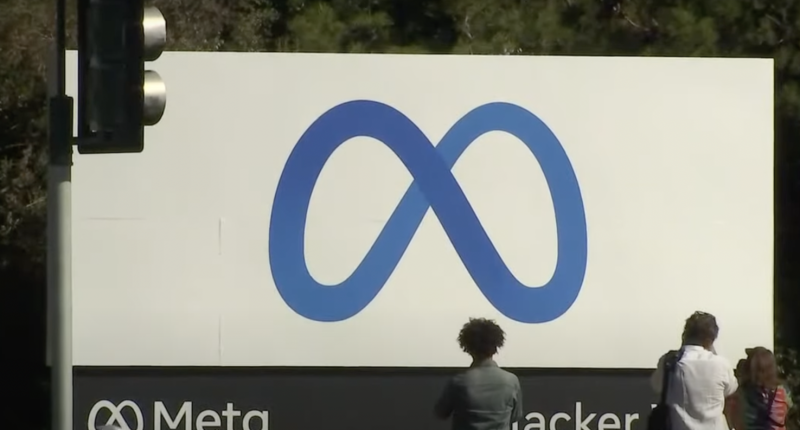In a significant legal development, the US Federal Trade Commission (FTC) has gained approval to proceed with revisions to social media giant Meta’s 2020 privacy settlement. This latest chapter in the ongoing legal skirmish between Meta (the parent company of social media giants Facebook, Instagram, and WhatsApp) and the FTC carries potential ramifications for Meta’s revenue generation practices concerning users under the age of 18.
US District Judge Timothy Kelly, presiding in Washington, ruled against Meta’s motion to transfer the dispute to a federal court. Consequently, the FTC is now empowered to pursue its objective of potentially curbing Meta’s financial gains derived from users under the age of 18.
Speaking of the court battle, the genesis of this legal entanglement can be traced back to the FTC’s 2019 settlement with Meta. This settlement encompassed a monumental $5 billion fine and mandated internal privacy enhancements within Meta’s operations. However, recent developments have seen the FTC asserting that Meta has repeatedly flouted its privacy commitments, prompting the regulatory body to initiate proceedings to amend the terms of the 2020 settlement.
The FTC’s allegations against Meta are multi-pronged, encompassing accusations of misleading parents through the Messenger Kids app and Meta’s purported violations of privacy commitments embedded in the 2020 settlement. Since then, the FTC has been seeking to tighten regulatory control, and has proposed amendments to do the same.
Despite the setback in the courtroom, Meta remains resolute in its commitment to defending its position. “Today’s decision does not address the substance of the FTC’s allegations, which are without merit,” Meta spokesperson Christopher Sgro commented on the matter. “We will continue to invest in our privacy program and remain focused on protecting people’s privacy.” The social media company is currently evaluating its legal options in light of the court’s ruling, suggesting a protracted legal confrontation against what it deems an “unlawful attempt” by the FTC to alter the existing settlement agreement. The FTC, on the other hand, declined to comment after Meta lost the latest round of the court battle on Monday.
If the FTC succeeds in amending the settlement to impose stricter controls on Meta’s data monetization practices and the use of facial recognition tools, it could bolster user privacy protections. This outcome might influence other tech companies to reevaluate and reinforce their own privacy measures. On the other hand, Meta’s potential restriction on monetizing data from users under 18 could have financial repercussions for the company. Given that Meta’s revenue heavily relies on targeted advertising using personal data, any limitations imposed by regulatory authorities may impact the company’s revenue streams.
The Tech Portal is published by Blue Box Media Private Limited. Our investors have no influence over our reporting. Read our full Ownership and Funding Disclosure →






